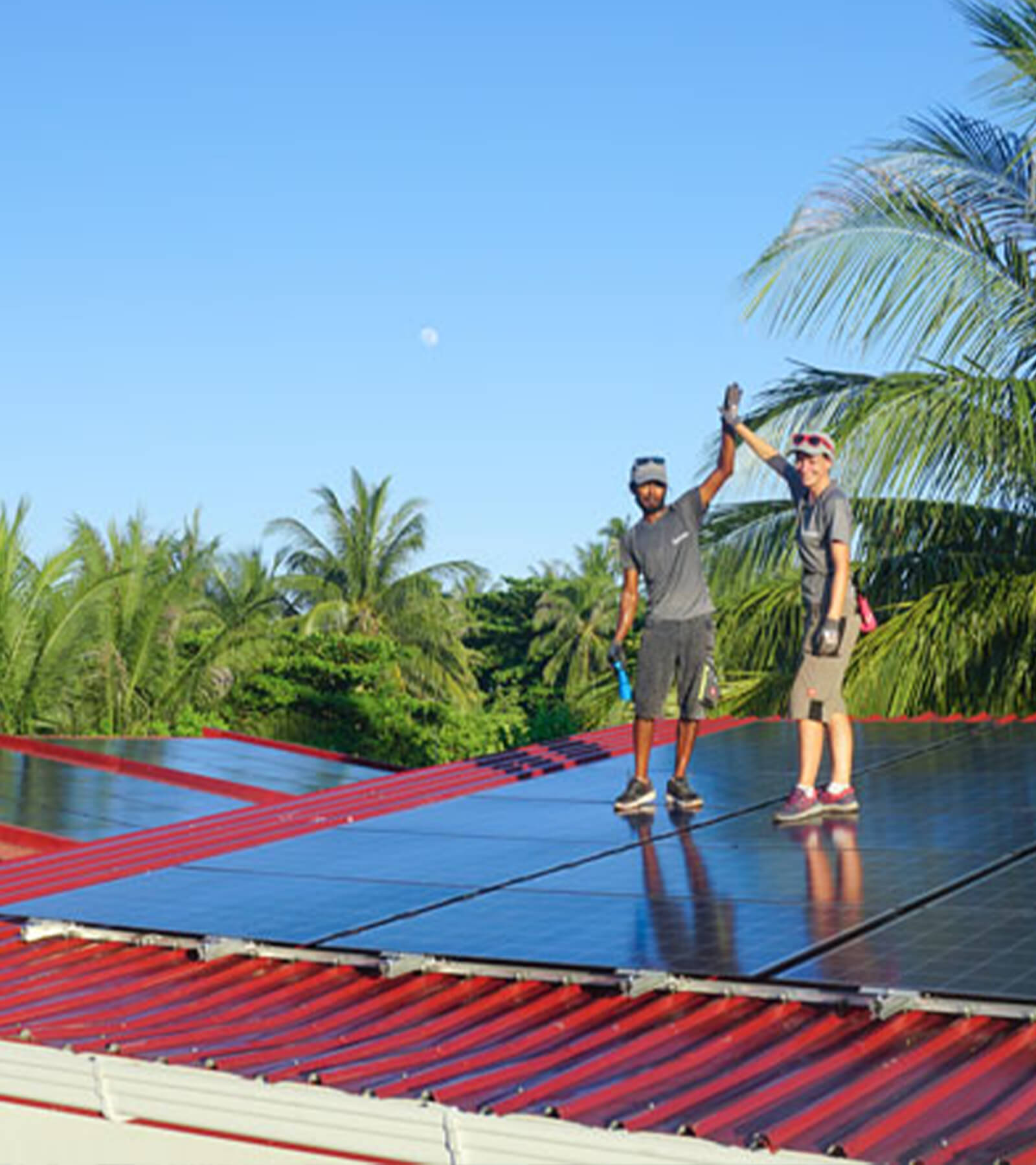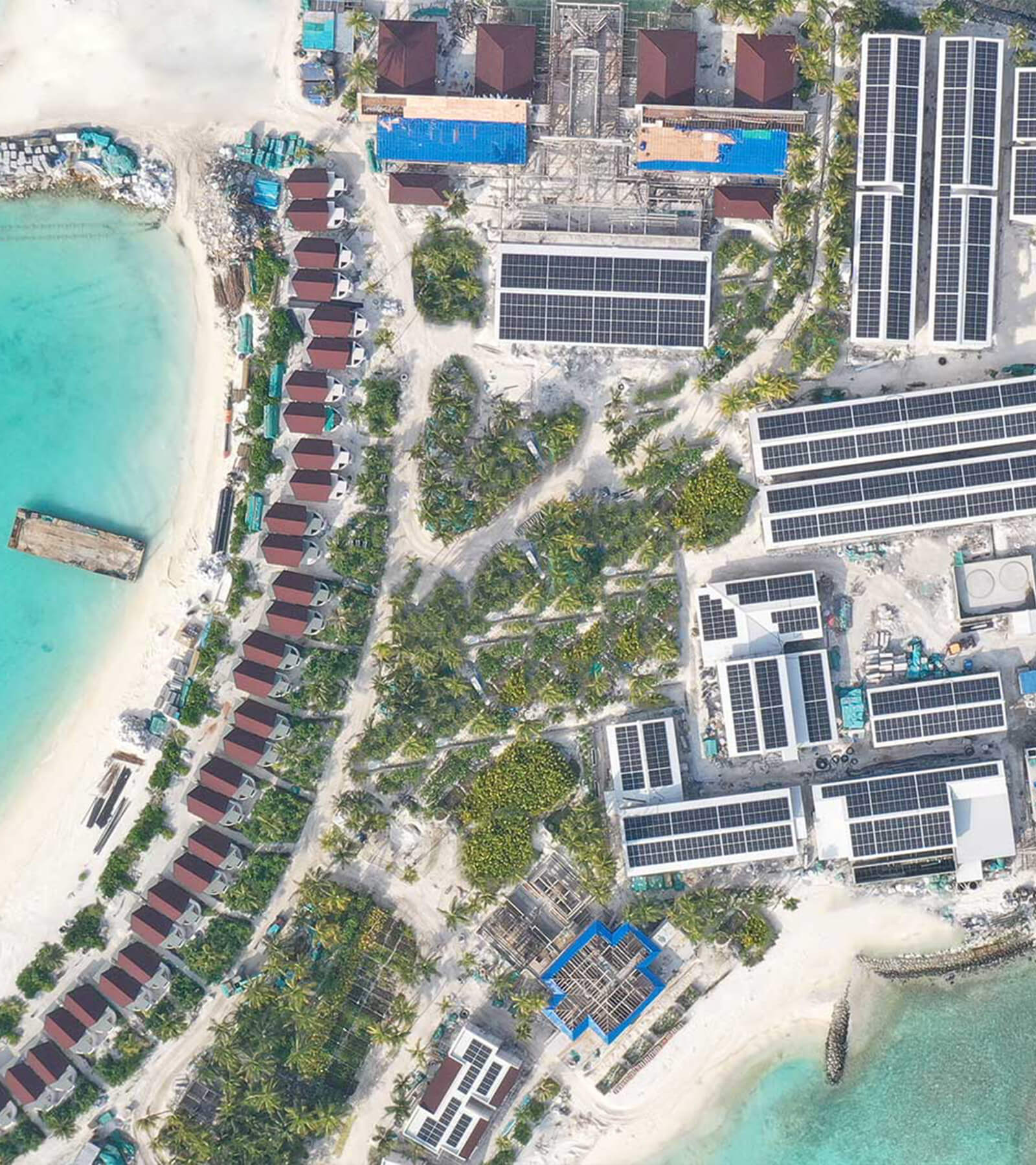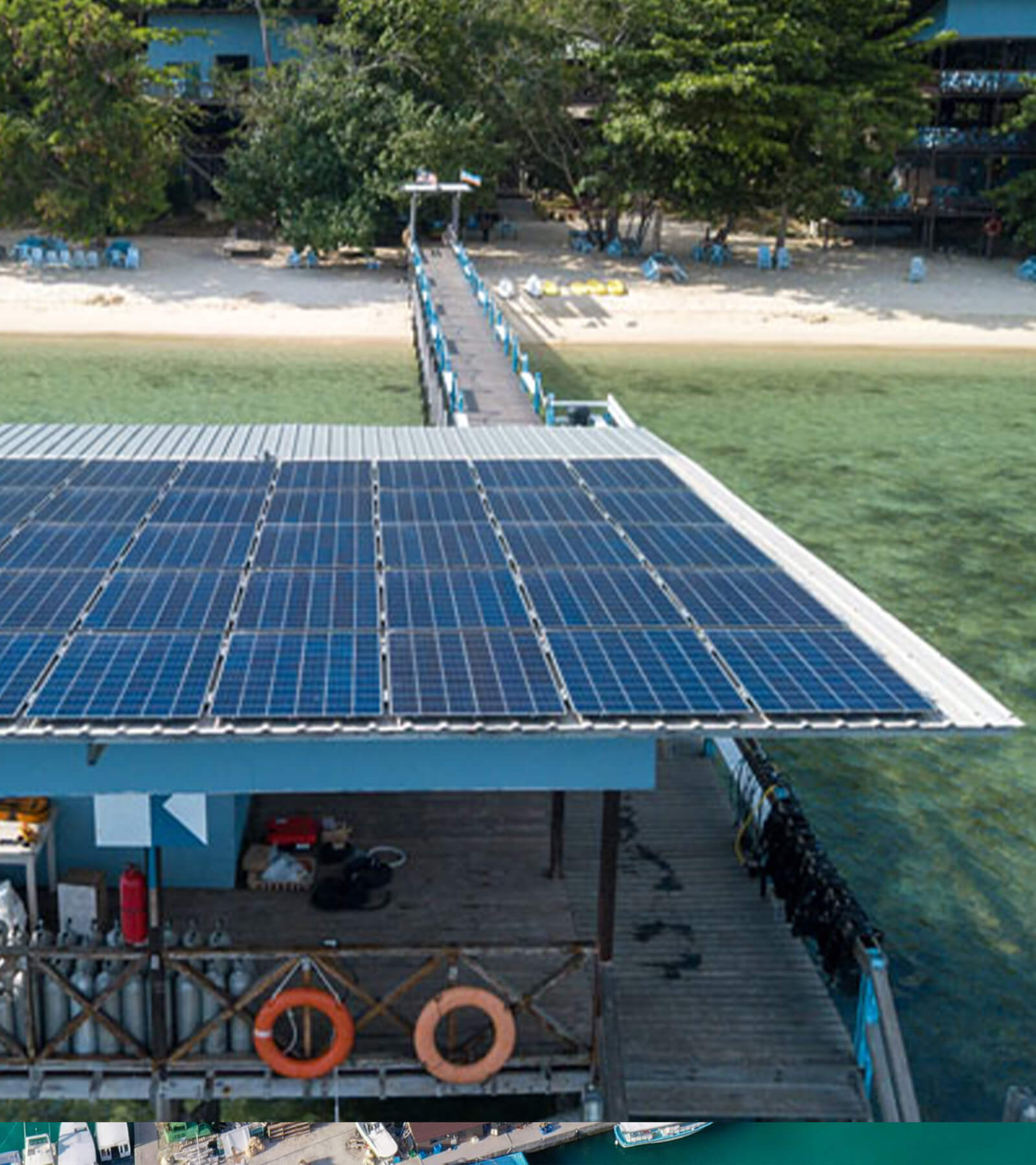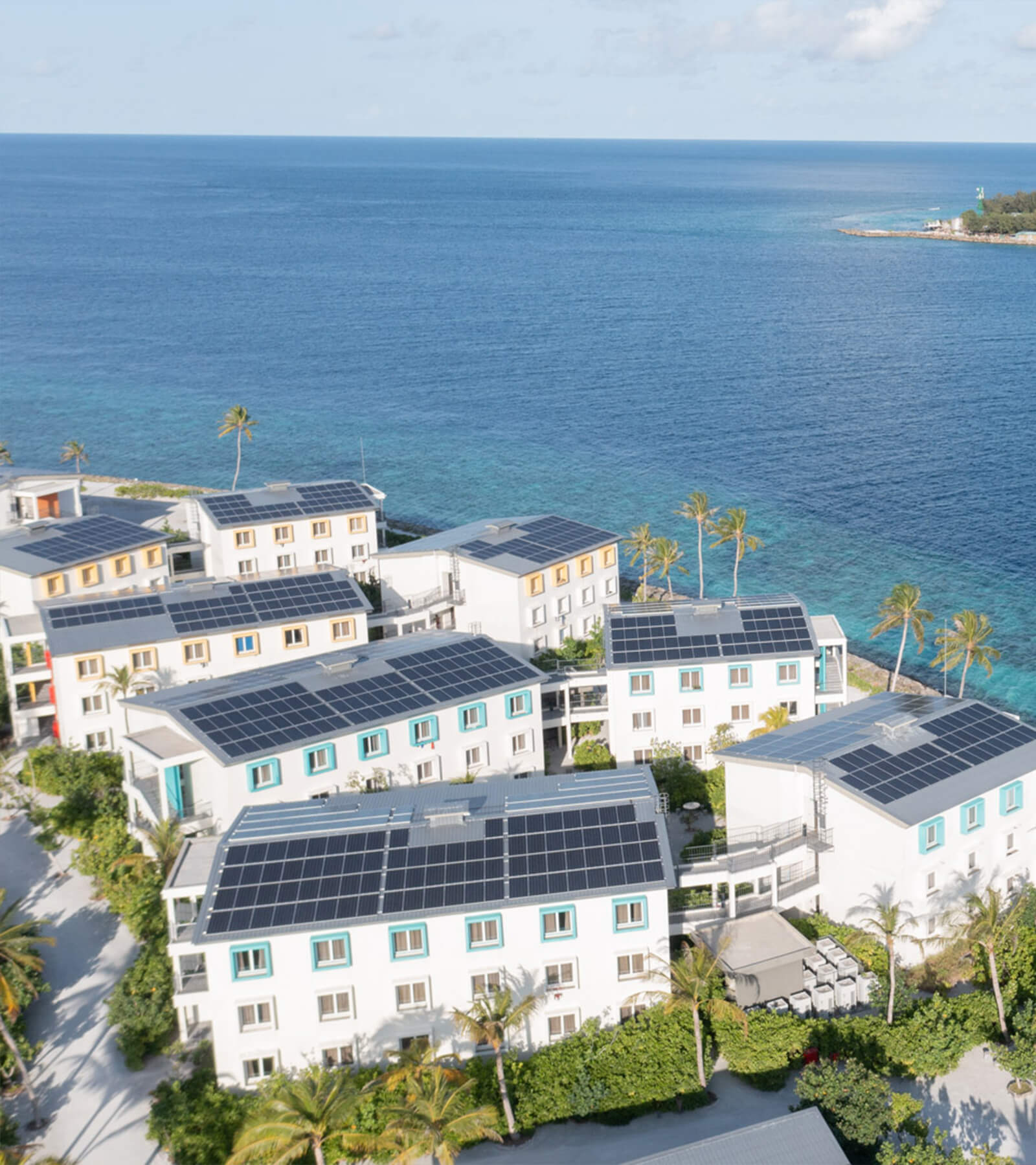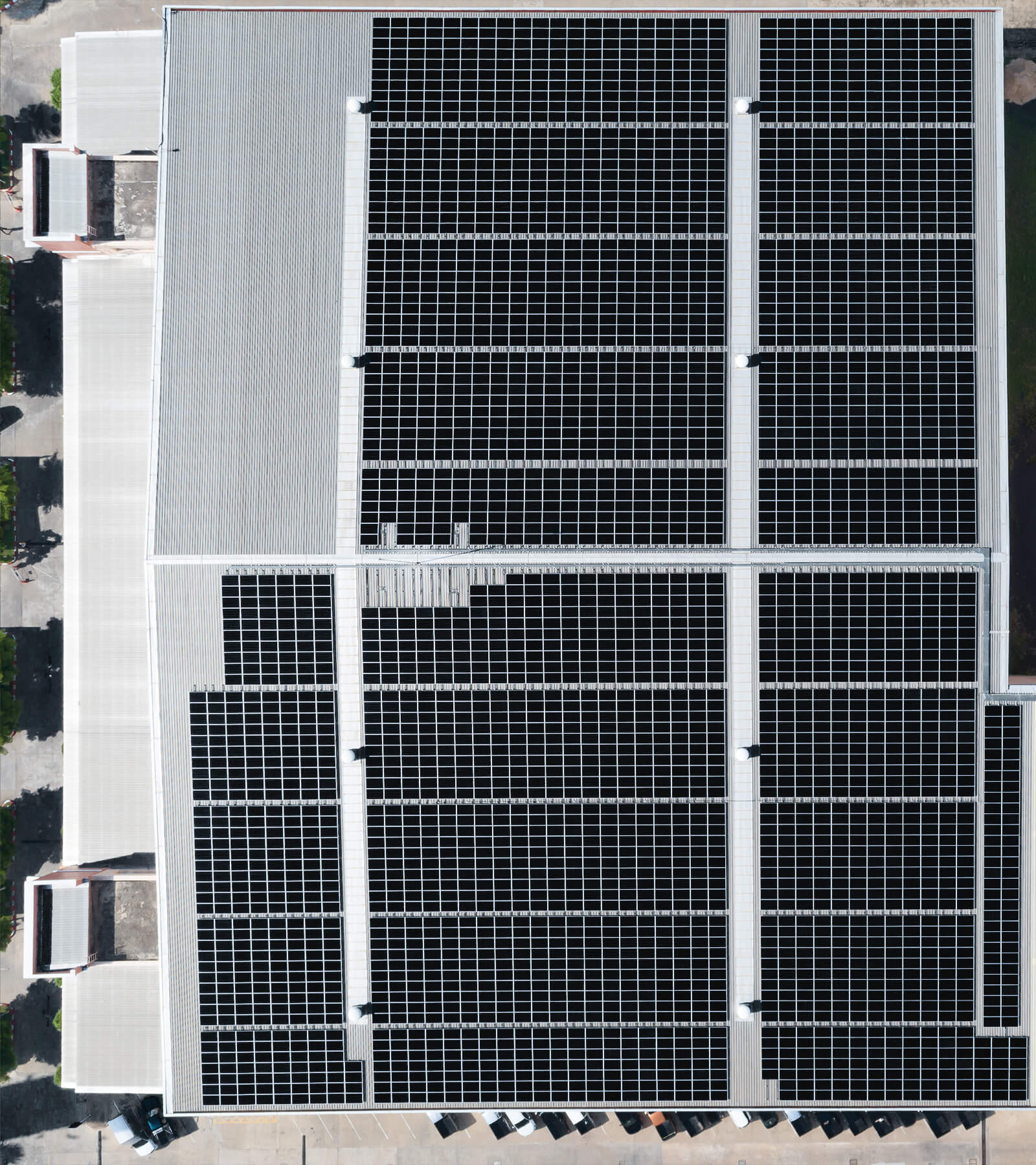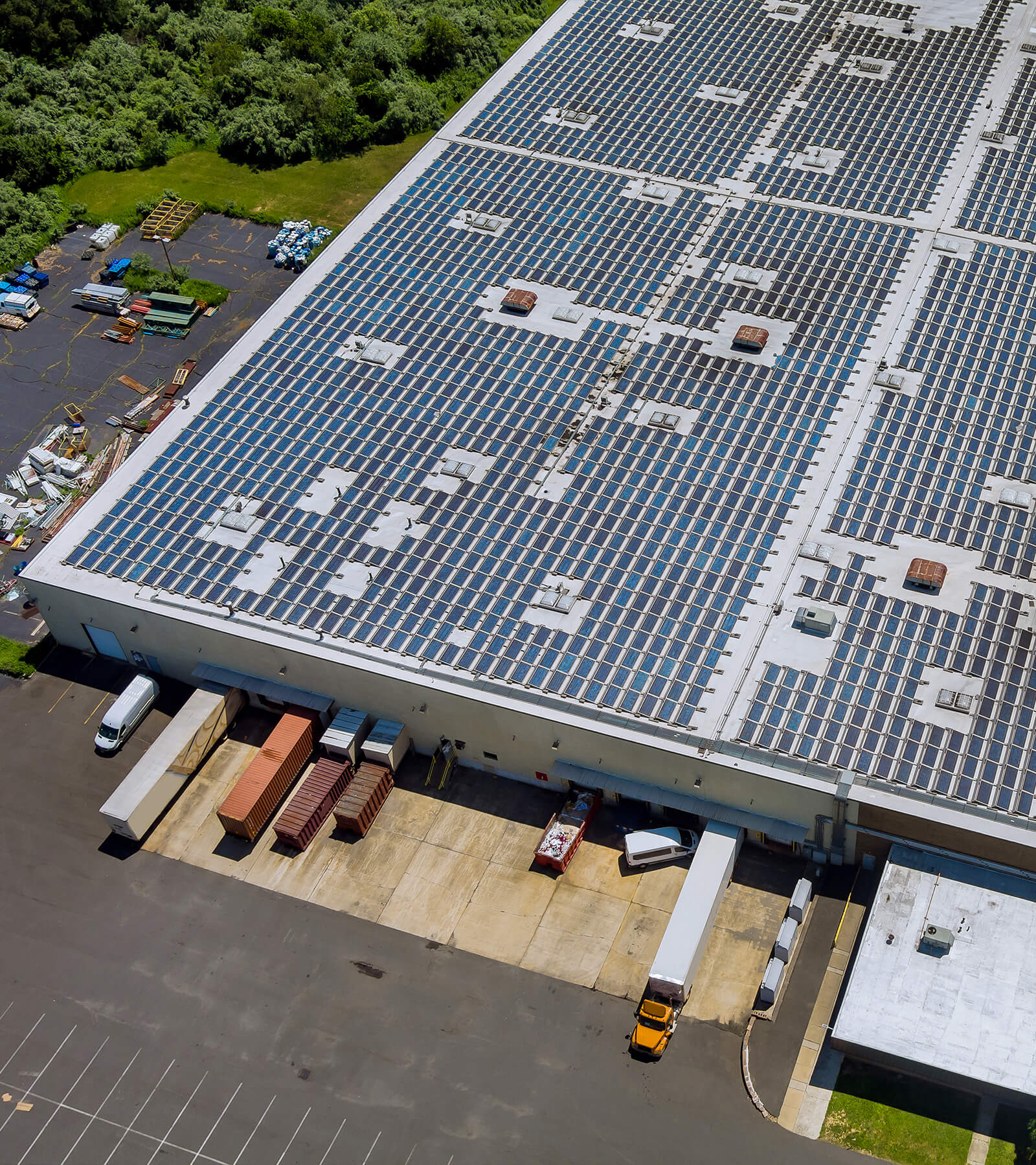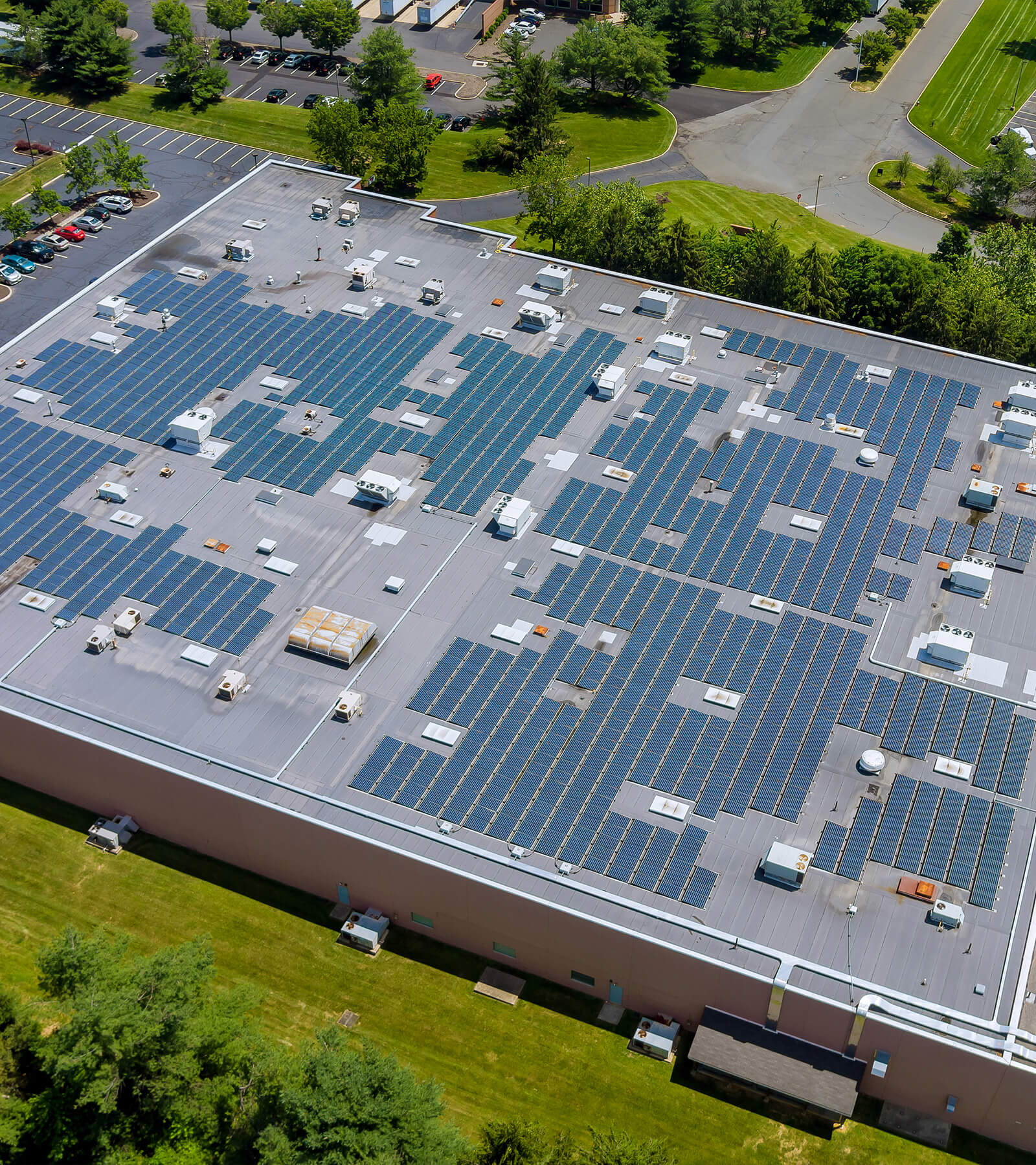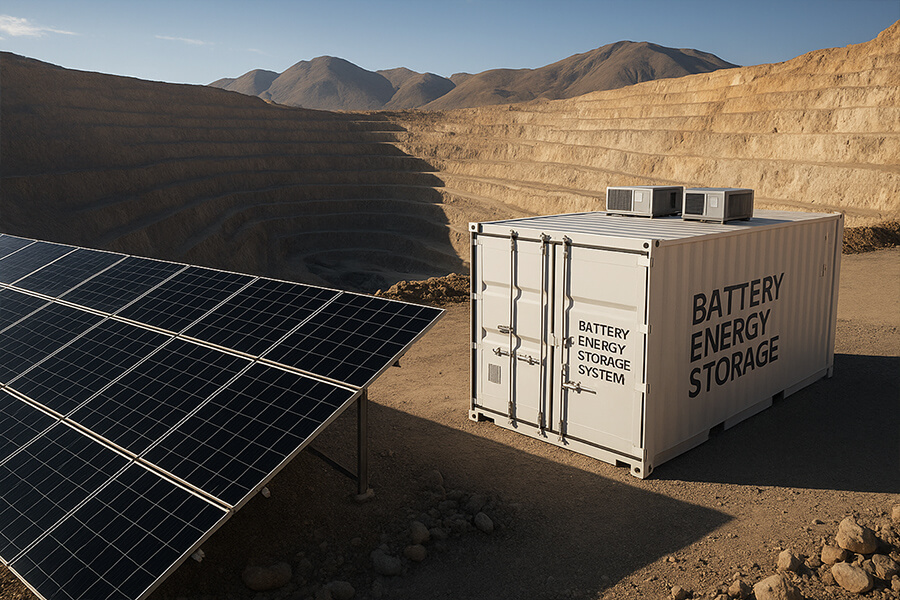When a 16 kW solar system met precision agriculture in Tuscany’s olive groves, magic happened. Solar drones (think “crop whisperers with sunglasses”) and AI irrigation rigs transformed this organic farm into a tech-savvy powerhouse, boosting yields by 30% and snagging EU Organic Solar Farm Certification. Farmers now sip espresso while monitoring soil moisture on solar-charged tablets—proving that “ancient” and “autonomous” can coexist. Spoiler: The olives are now literally sun-ripened.
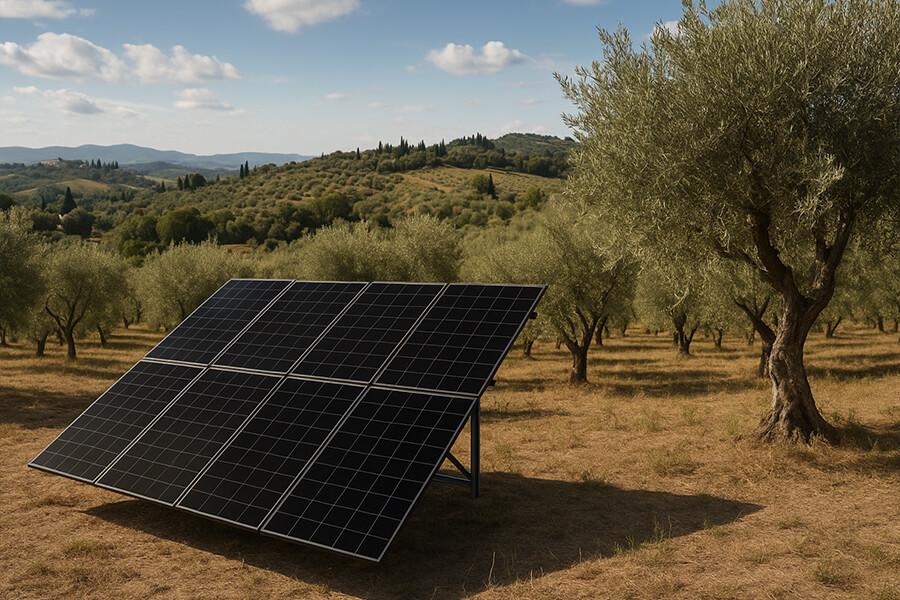
When Tuscan Olives Met Silicon Valley Energy
Picture this: rolling Tuscan hills, centuries-old olive groves, and… drones powered by sunshine gossiping with AI about soil moisture. In 2025, one Italian farm decided olive oil and solar panels make a better pairing than wine and cheese. Meet the world’s first solar-powered olive harvesters—where la dolce vita meets la vita tech.
The 16 kW solar system precision agriculture experiment began as a moonshot to slash fossil fuel dependency while boosting yields. Spoiler: It worked. The farm now runs on 100% solar energy, with excess power stored in lithium batteries for cloudy days (or midnight pest-monitoring drone flights). Here’s the kicker: 30% higher olive yields compared to 2022, alongside a 45% reduction in irrigation waste—all while maintaining EU organic certification.
By the Numbers: Tuscan Sunshine vs. Old-School Farming
| Metric | Pre-2025 (Traditional) | 2025 (Solar + Precision Ag) | Improvement |
|---|---|---|---|
| Energy Costs (Annual) | €8,500 | €1,200* | -86% |
| Water Usage (L/year) | 2,500,000 | 1,375,000 | -45% |
| Yield (kg/ha) | 1,200 | 1,560 | +30% |
| CO2 Emissions (t/year) | 12.4 | 0.0 | -100% |
*Includes €3,800 saved via Italy’s Superbonus 110% tax incentive for renewable upgrades (Italian Ministry of Ecological Transition).
The Tech Behind the Leaves
The 16 kW solar array—52 panels sprawled across barn rooftops—feeds energy to two game-changers:
- Solar Drones: Equipped with multispectral cameras, these sun-powered scouts map soil health and pest hotspots at 0.5-meter resolution. (No more “spray and pray” pesticides—grazie, DJI Agras T40.)
- AI Irrigation Nodes: Solar-charged sensors track real-time moisture levels, syncing with weather forecasts to water only when needed. Result? A €1,900/year savings on water bills (FAO AquaCrop models).
Why This Isn’t Just a Tuscan Fairytale
The EU’s Farm to Fork Strategy aims for 25% organic farmland by 2030 (European Commission), and this farm is ahead of schedule. With solar LCOE (levelized cost of energy) dropping to €0.08/kWh in Italy (IRENA), even nonni farmers are trading diesel tractors for sun-powered autonomy.
Up next: We’ll dive into how those drones avoid colliding with truffle-hunting wild boars—and why the farm’s extra virgin oil now costs €2 less per bottle.
The Solar-Powered Symphony: Drones, AI, and a Dash of Tuscan Sun
A. Solar Drones: The Olive Grove’s New Best Friend
The farm’s 16 kW solar array powers a fleet of DJI Agras T40 drones (DJI Agras), which conduct daily aerial surveys of the 50-hectare olive grove. These drones, equipped with multispectral cameras and AI-driven pest detection algorithms, scan each tree at a resolution of 0.5 meters per pixel, identifying threats like the olive fruit fly (Bactrocera oleae) 48 hours before visible symptoms appear.
Impact by the Numbers:
| Metric | Pre-2025 (Manual Scouting) | 2025 (Solar Drones) | Improvement |
|---|---|---|---|
| Pest Detection Time | 5–7 days | <48 hours | 84% faster |
| Pesticide Use (liters/year) | 1,200 | 380 | -68% |
| Labor Costs (€/year) | €4,800 | €1,050 | -78% |
The drones’ solar charging stations, integrated with Tesla Powerwall batteries (Tesla Energy), ensure 24/7 readiness—even during Tuscany’s occasional thunderstorms. According to the European Union’s 2025 Precision Agriculture Report, farms using similar systems have reduced crop losses by up to 22% (EU Agri-Food Chain).
B. AI Irrigation: Because Even Olive Trees Need a Personal Trainer
The solar-powered irrigation system combines soil moisture sensors, weather APIs, and machine learning to optimize water delivery. Developed using FAO’s AquaCrop-OS model (FAO AquaCrop), the AI predicts evapotranspiration rates with 94% accuracy, adjusting irrigation schedules in real time. Result? A 30% reduction in water waste compared to 2022, despite Tuscany’s driest summer in a decade (ISPRA Climate Data).
Cost vs. Benefit:
| Parameter | Traditional Irrigation (2022) | AI + Solar (2025) | Savings (€/year) |
|---|---|---|---|
| Water Pump Energy Costs | €2,300 | €620 | €1,680 |
| Water Usage (m³/year) | 12,500 | 8,750 | 3,750 m³ |
| Yield per m³ of Water | 0.096 kg | 0.178 kg | +85% efficiency |
The system’s “set-and-forget” design has freed farmers to focus on quality control—like the 200-year-old Leccino tree that now produces 18% more oil per harvest. As the AI cheekily noted in a system log last September: “Hydration optimized. Now, about that carbonara recipe…”
Results: 30% More Olives, 100% More Bragging Rights
Yield Boost: A 30% Increase? The Olives Are Practically Flexing
The integration of solar drones and AI irrigation has transformed the grove’s productivity. In 2025, the farm harvested 42 metric tons of olives, up from 32 tons in 2022—a 30% surge attributed to precision agriculture (ISTAT Italy). The yield per hectare now averages 840 kg, outperforming the Tuscan regional average of 620 kg (Eurostat Agri-Data).
Financial Impact:
| Metric | 2022 (Pre-Tech) | 2025 (Post-Tech) | Net Gain (€) |
|---|---|---|---|
| Annual Olive Oil Revenue | €98,400 | €127,920 | +€29,520 |
| Operational Costs | €27,500 | €18,200 | -€9,300 |
| Net Profit Margin | 18% | 29% | +11% |
The farm’s Frantoio varietal, once prone to irregular yields, now contributes 45% of total output—a testament to AI’s knack for stress management.
EU Organic Solar Farm Certification: A Fancy Plaque That Says, “We’re Green, and Our Tech Doesn’t Scare the Truffle Pigs”
In March 2025, the farm became one of Europe’s first to earn the EU Organic Solar Farm Certification (EU Organic Farming), a hybrid badge recognizing renewable energy integration with biodiversity preservation. Key certification criteria:
| Requirement | Farm’s Performance (2025) | EU Benchmark |
|---|---|---|
| Solar Energy Coverage | 92% of operations | ≥75% |
| Soil Carbon Increase | 1.8% (2022–2025) | ≥1.2% |
| Wildlife Habitat Retention | 97% | ≥90% |
The certification has attracted partnerships with Michelin-starred restaurants in Florence, which pay a 15% premium for oil labeled “AI-crafted, sun-powered” (EATALY Market Data).
Real-Time Farming, No Wi-Fi Tantrums
Solar-charged Lenovo Tab Extreme tablets (Lenovo) provide farmers with dashboards tracking everything from soil pH to drone battery levels. The system’s uptime? 99.3% in 2025, thanks to Starlink’s rural broadband network (Starlink Coverage).
User Adoption Stats:
- 87% of farm staff now use data tools daily (up from 22% in 2022).
- 4.6/5 average app rating on the farm’s custom Agri-OS platform.
- 0 complaints about “tech overload”—though one donkey was caught nudging a tablet to replay its favorite tractor noise.
Meet Maxbo Solar: The Quiet Genius Behind the Sunshine
Hi there! I’m part of the team at Maxbo Solar, the folks who helped turn sunlight into olive gold. When this Tuscan farm said, “We need power that’s as reliable as Nonna’s lasagna recipe,” we delivered a custom 16 kW solar system—paired with Tesla Powerwall storage (Tesla Energy)—that now fuels 92% of their operations.
Why Us?
- Precision Agriculture Nerds: Our solar microgrids are optimized for agri-tech, reducing energy waste to <8% compared to the industry average of 22% (IRENA 2025).
- Certified Sun Wranglers: With 140+ installations across California vineyards, German hops farms, and now Tuscan olive groves, we’ve slashed CO₂ emissions by 6,200 metric tons cumulatively since 2020 (SolarPower Europe).
- 2025-Ready: Our systems integrate with Starlink satellites (Starlink) for uninterrupted connectivity—even in rural Tuscany’s “Wi-Fi dead zones.”
Global Impact of Maxbo Solar (2025):
| Region | Projects Completed | Avg. Energy Cost Reduction | CO₂ Savings (tons/year) |
|---|---|---|---|
| California, USA | 58 | 34% | 1,840 |
| Tuscany, Italy | 12 | 41% | 720 |
| Bavaria, Germany | 22 | 39% | 1,020 |
Curious? Join the solar-powered farming revolution at www.maxbo-solar.com. We promise no olive puns… olive you alone now.
Conclusion: The Future of Farming? It’s Solar, Silly.
In 2025, Tuscan olive farmers aren’t just pressing oil—they’re pressing buttons on solar tablets. The farm’s success—30% higher yields, €29,520 extra annual revenue, and a plaque that impresses truffle pigs—proves that agriculture’s future is bathed in sunlight.
Solar Farming’s Global Momentum:
- 67% of EU farms now use renewable energy, up from 28% in 2020 (EU Agricultural Outlook 2025).
- Solar-powered agri-tech could cut global farming emissions by 11% by 2030 (IPCC AR7).
- The “sun-to-crop” efficiency of systems like Maxbo’s has doubled since 2020, hitting 23.4% in 2025 (Fraunhofer ISE).
And if anyone tells you agriculture isn’t sexy, show them a drone sipping sunshine. Arrivederci, fossil fuels. Ciao, solar olives! 🌞🫒

